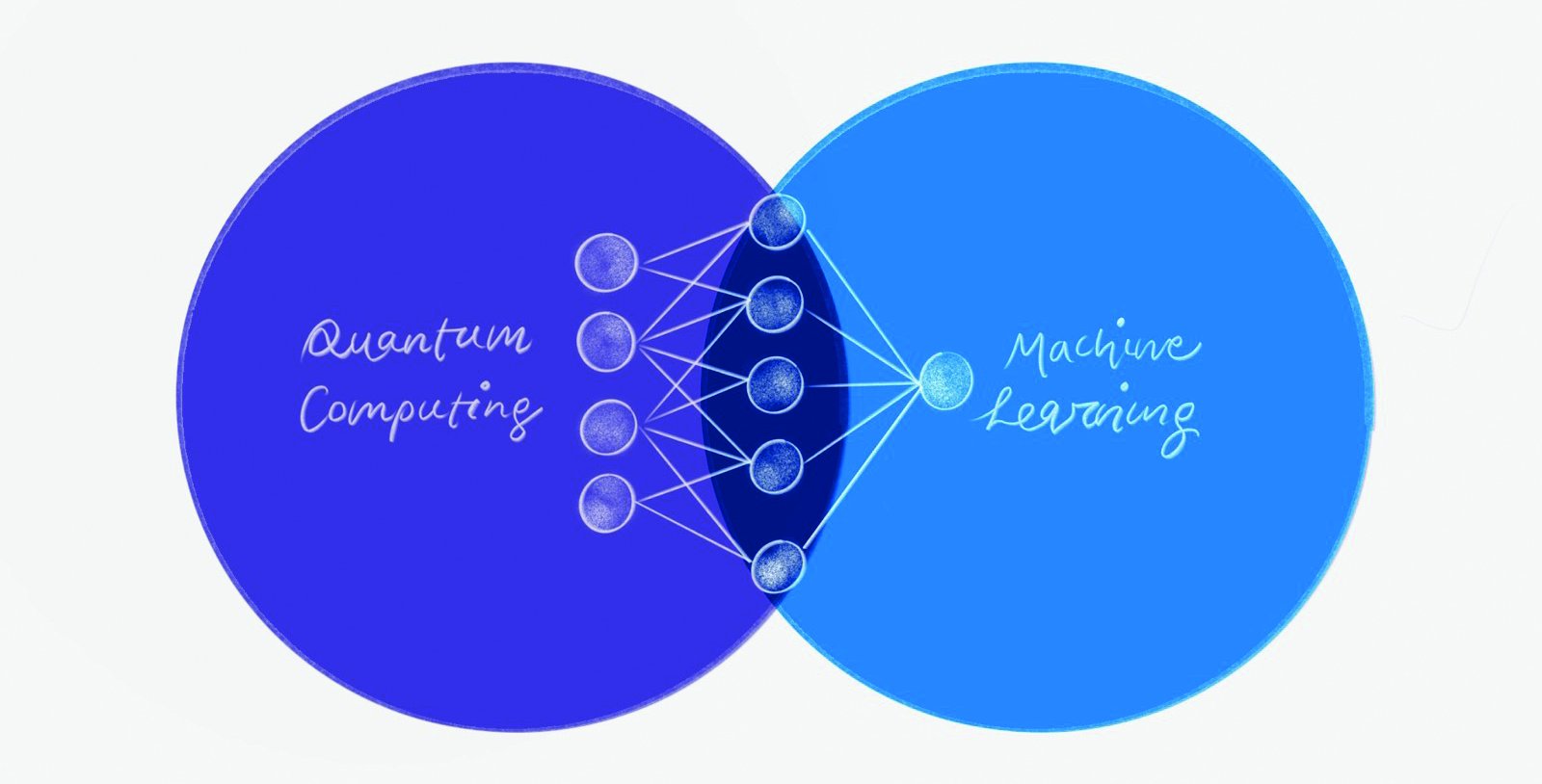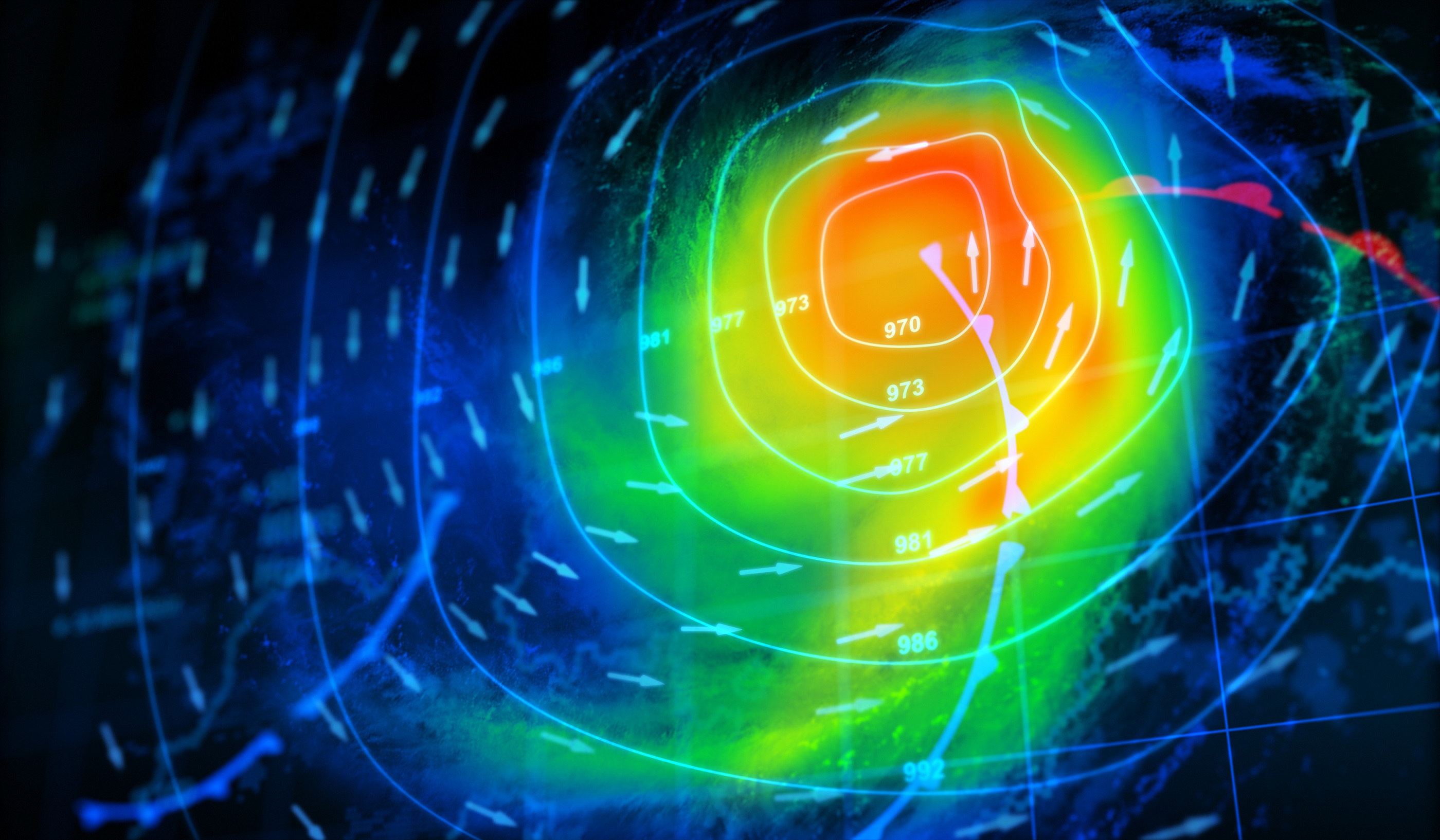Quantum for science
Quantum computing has major implications for the future of scientific research and engineering.
Matthias Möller & Boyang Chen
A Problem of Scale
A recent study by the U.S. Sandia National Laboratories revealed that “system performance at scale on computational problems that arise in mission, commercial, or scientific work is below 20% of peak floating-point performance” with the “efficiency for even well-tuned codes [...] be[ing] just a fraction of a percentage point in some critically important cases, particularly if multiple scales and multiple physical regimes must be addressed” [Leland 2016].
This summarizes what experts in weather forecast from renowned institutions in Europe – ECMWF, the European Centre for Medium-Range Weather Forecast and KNMI, the Royal Netherlands Meteorological Institute – have reported independently when asked about today’s major bottlenecks in their computational workloads. Despite the enormous effort of their in-house scalability teams that constantly improve the performance of simulation models, they “are still struggling to make good use of the hardware […] and are only able to harvest a couple of percent of peak performance from supercomputers”. Our interview partners are moreover pessimistic that this situation will change in the near future. “The percentage of peak performance has been reducing over the past decades getting smaller and smaller” says one of them.
Learning from AI
Weather prediction stands as representative for a wide range of challenging computational problems that involve big data (about 40 million data sets per day), multi-scale and multi-physics models with complex nonlinear and even chaotic interactions, and the need to produce results in a limited amount of time, e.g. forecasts for the next couple of days no later than the prime-time news. As the problem is too large to be solved directly, simulation models must make compromises and adopt simplifications like the truncation of scales, which leads to a lot of uncertainties that need to be modeled rather than resolved. A recent trend that is not only seen in weather forecast but in many computational science domains is the use of machine learning techniques, also known as artificial intelligence (AI), to deal with uncertainties.
Experts from TU Delft who are at the forefront of developing novel super-compressible meta materials shared with us their experience with using AI as a key enabling technology to overcome key enabling technology to overcome the limitations of classical computing. In their experience, “it is not that difficult to switch from a neural network to parameterized quantum circuits” at least for certain types of neural network architectures since “quantum computers can be seen as a special case of a tensor network”. Their suggested approach to move away from classical computing to quantum computing by adopting machine learning as the vehicle might turn out to become a general strategy to make quantum computing accessible to a broader community of scientists without background in quantum physics.
An Expert Opinion
Accessibility of the quantum literature is considered another major challenge that stands in the way of an early adoption of this emerging computing technology through academia and industry. While new programming languages and compute paradigms like GPU-computing can be learned on the job, the development of quantum-accelerated scientific applications requires profound expert knowledge “that is not something you can do next to your normal work”. And that’s the core of the problem. It needs a certain technology readiness level (TRL) before industry and academia gets interested in adopting quantum computers as their work horse.
This not only applies to the TRL of the hardware and software tools but especially to the quantum algorithms and computational building blocks that will enable the creation of real-world quantum-accelerated applications. What would be very much appreciated by domain experts who are not yet working in the field of quantum computing but eager to not miss this new trend is interdisciplinary communication. “Every now and then there is a new highlight article. I would rather see communication in terms of what is feasible today and where are we and where are we going to be” says one of our interview partners. The time has come to open up the quantum computing community and involve researchers from the different computational sciences and engineering disciplines to turn quantum computing into an impactful technology for the future.
Who
We spoke with scientists and engineers who work with quantum computing in their research.
What
We asked the scientists and engineers to describe the impact of quantum computing on engineering and the computational sciences.
Takeaways
Scalability is a major concern for the future of quantum computing.
We can learn from machine learning when dealing with uncertainty and accessibility in quantum computing.

